每日观察:关注美国成人用户的应用使用率(6.17)
1)Flurry最新报告显示,美国成人手机用户的应用使用频率在晚上6点至10点之间达到高峰,令人意外的是,手机游戏却是人们最不常用的三大应用类型之一,其排名甚至位居体育、医疗健康和购物应用之后。
从用户年龄来看,25-34岁用户最常使用体育、健康医疗应用,对游戏、实用/办公、新闻/杂志应用的使用频率最低;从性别来看,女性用户玩手机游戏的频率略高于男性。
2)据pocketgamer报道,苹果最近推出新政策,允许应用开发者向他人移交自己的应用所有权(游戏邦注:包括用户评价、评级、积分排行榜和更新等所有现存的内容)。
在此之前,苹果仅允许应用移交至一个更新过的公司帐户,开发者无法在不重新发布的情况下向第三方出售应用。
这一举措意味着原有用户只能使用旧版应用,而无法得知新版本发布情况。此外,这也可能导致App Store出现大量应用易主的情况,大型公司可以借此收购应用和游戏,获得更多潜在用户。
3)据mobile-ent报道,Outfit7日前宣布公司旗下应用Talking Friends系列应用下载量已经突破10亿次,其中《Talking Tom》自2010年发布以来月活跃用户已经超过1.7亿。
4)据venturebeat报道,《动物之森》设计师Katsuya Eguchi在最近采访中承认,他从未听说过Zynga热门游戏《FarmVille》。
他还表示,他认为如果一款游戏能够让人们坐下来体验并获得乐趣,那就足以称其为休闲游戏。但《动物之森》还将为传统游戏玩家提供更具深度的体验。
5)eMarketer最新数据显示,谷歌在2012年全球88亿美元的移动网络广告收益中占据46.1亿美元,在全球所有数字广告收益中占比将近三分之一。
预计今年谷歌的移动广告收益将增长92.1%,达到88.5亿美元。
而在2011年几乎没有任何移动收益的Facebook,预计在2013年将收获5亿美元的移动广告收益,增幅超过333%;在全球移动广告市场中占比12.9%。
Twitter目前所占数字广告收益仍然较少,但2012年增幅却高达106.7%,预计2013年增幅将达102.2%。
6)据Engadget报道,《塞尔达传说》制作人Eiji Aonuma最近表示,他认为游戏行业若不顺时而变,就是在自绝后路,如果我们想发展和成长,就必须适应变化。
他称自己如果继续翻制原版游戏,就无法获得成长。他认为任天堂过于谨慎的游戏开发思维,或许就是任天堂游戏显得过于保守的原因。提到即将发布的《Wind Waker HD》和《A Link Between Worlds》这两个即将
面世的塞尔达新项目,他称自己希望给予玩家更多自由,让他们探索更多内容。(本文为游戏邦/gamerboom.com编译,拒绝任何不保留版权的转载,如需转载请联系:游戏邦)
1)Welcome to the world of the American mobile consumer
by Phil Tottman
App usage increases throughout the day and gaming is not a priority.
There is not much that we do these days without using our phone, even briefly. Whether that be playing games, listening to music, taking photos, shopping or even booking holidays – and
that’s all before making a phone call or sending a text.
With the way things are it wouldn’t be a surprise if the majority of people who own smartphone or tablet couldn’t imagine their lives without it constantly at reaching distance. It appears
that we have become addicted to having this technology and its immediacy in the palm of our hand as an extra limb.
Flurry’s look into the day-to-day life of a US adult mobile consumer finds app usage increases throughout the day and peaks in the evening, as opposed to TV which remains at a low all day
until it takes a dramatic rise later on in the day.
This could force media planners to change their perspective to change their TV and entertainment focus towards app marketing, as consumers are accessing media all day long and expect a
constant stream of fresh content.
Surprisingly mobile gaming, although one of the most profitable areas of the smartphone universe, has proved to be one of three areas we use our devices least for. It has even come in
behind sports, health & fitness and shopping, which along with lifestyle activities, are highly used around the clock with little change depending on the time of day.
Specifying the users even further and dividing by sex, young adults aged between 25-34 use their devices most for sports, health and fitness and almost least for games, with more females
making use of mobile gaming than males.
It is also females within this age range that use sports, health and fitness to the extreme of 200 per cent more than the rest of the population, whereas males in general sidle more towards
entertainment.
There are easily more than a billion active devices worldwide, and this is only the early days of the smartphone revolution. To put this in better perspective, the kind of technology we use
on a daily basis regarding smartphones now didn’t even exist three years ago, so we can only imagine what leaps it will take in the years to come.
The analytics company says it reckons many things will change over the next few years, predicting that mobile devices will eventually become even more a part of the fabric of society
compared to how they are now.
This undoubtedly puts pressure on marketers, advertisers and other media outlets to better embrace the on-coming tsunami of mobile technology advances, before they rapidly find themselves
out of their depth.(source:mobile-ent)http://www.mobile-ent.biz/news/read/welcome-the-world-of-the-american-mobile-consumer/021614
2)Mobile marketplace: Apple to allow developers to sell on their apps
by Keith Andrew
For the first time since the marketplace launched in 2008, Apple is to provide an official means for app developers to sell their titles on to other outfits.
The new policy, detailed in a message pushed out to registered developers, will allow the transfer of ownership of an app from one developer to another, with user reviews, ratings,
leaderboards and updates all remaining intact.
A real app store
Previously, apps could only be moved to an upgraded company account, meaning there was no way for developers to sell an app on to a third party without the app in question having to be
relaunched.
Such a process means existing consumers are left with an old version of the app and may not be aware of the new release.
Such an ineloquent solution meant many developers looking for an exit strategy were forced to stand by their releases. The rule change, however, could spark a period of trading that sees a
number of apps change hands and, longterm, could change the nature of business on the App Store.
Big brands swooping in to buy apps and games that, with a slight retooling, could help them connect with consumers could become commonplace, with the App Store acting as a digital Dragon’s
Den – apps on the App Store acting as demonstrable pitches to potential buyers.(source:pocketgamer)http://www.pocketgamer.biz/r/PG.Biz/App+Store/news.asp?c=51552
3)Outfit7′s Talking Tom Friends app series hits one billion downloads
by Phil Tottman
Angry Birds style plans to develop for TV, live events and attractions.
Talking Tom has been an interactive app hit since its launch in 2010 receiving over 170 million monthly active users. Tom’s chatty companions have been featured on ABC’s Modern Family and
NBC’s Today show, and have released two hit music videos on YouTube with Disney Records.
Login, founder of Outfit7 said: “When Talking Tom first entered the entertainment arena our goal was to provide laughs, fun and upbeat interactivity. It’s humbling, yet thrilling to see how loved Talking Tom and his growing family have become around the world.”
Since Tom’s solo debut, he has built up a loveable group of two and three-legged companions, building a portfolio of two dozen Talking Friends apps between them.
The app has evolved from simple imitating software to full on gesture recognition capabilities with Tom’s girlfriend ‘chat with Angela’ and Talking Angela, in which she is able to recognise when the user is nodding, shaking their head, yawning, smiling or sticking out their tongue.
A later addition to the family was Ginger and the app Ginger’s Birthday, which introduced an educational element to its interactivity focusing on hygiene and healthy dieting.
The educational concept will be carried over to a new app with Tom being rolled out this summer. This will apparently be a ‘multi-level game concept’ which aims to teach users about responsibility, relationships and long-term commitment.
That’ll be good for those of us that have problems with these issues, now we can get a cat to give us life lessons…
Check out their YouTube hit “You Get Me.”
Talking Tom and all the Talking Friends apps are available for all iOS and Android devices.(source:mobile-ent)
4)Animal Crossing’s designer has never heard of Zynga’s FarmVille
Jeffrey Grubb
Stay on top of all our E3 2013 coverage here.
LOS ANGELES — You might think that Animal Crossing designer Katsuya Eguchi might take some inspiration from the massive market of casual games that have sprung up since his series first debuted in 2001. Maybe he plays developer Zynga’s FarmVille game to see why it is so popular with the casual audience.
Well, he didn’t. In fact, when I interviewed Eguchi and asked him what he thinks about games like FarmVille, he had no idea what I was talking about.
“What is FarmVille?” he asked me through a translator.
I explained the basic concept to him, but it didn’t jog his memory.
“I’ve never played FarmVille,” said Eguchi.
Animal Crossing is a life-sim game where characters make friends and do chores. It attracts a lot of casual players, especially in Japan. Eguchi agreed that Animal Crossing is great for casual fans, but he also thinks it reaches a wider audience than that.
“If by casual game you mean something that anyone can sit back, enjoy, and have fun with — then yes, I would call it a casual game,” said Eguchi. “But it has even deeper aspects that more traditional gamers can latch on to as well. If you’re a traditional gamer, and you want to have a bit of a different experience with Animal Crossing, there are paths that are a little more severe.”(source:venturebeat)
5)Google pockets over half of mobile web ad revenue
by Phil Tottman
eMarketer’s figures reveal an overall $8.8bn spend on mobile internet ads.
It has been estimated that Google has taken home $4.61 billion of the $8.8bn fortune that advertisers worldwide spent on mobile internet ads last year. This thrust the company to consume nearly one-third of all digital ad dollars spent globally.
Additionally, this year’s mobile ad revenues for the search engine are set to increase a further 92.1 per cent to $8.85bn.
Previously eMarketer covered UK and US revenues for certain companies and worldwide revenues for Facebook, Twitter and LinkedIn.
Facebook, which had no mobile revenue in 2011 whatsoever, made nearly half a billion dollars and is predicted to increase by more than 333 per cent in 2013. This would account for 12.9 per cent of the global net mobile ad market.
eMarketer estimates that Google will forge ahead as the largest beneficiary of digital ad spending worldwide, taking into consideration that it earned $32.73bn (31.4 per cent) of the total worldwide digital ad spend in 2012.
Even though Google and Facebook are dominating the market, the more revenue pocketed means the harder it is to increase revenue at a faster rate. Twitter for example – even though its digital ad revenue is rather low – will post the fastest growth rate with a 102.2 per cent increase expected this after a 106.7 per cent increase in 2012.
It is apparent that the leaders in this sector will continue to dominate the market, however eMarketer believes that as there is room for growth within the mobile ad world, there is definite space for other players to join and possibly take a significant slice of the mob-ad pie.(source:mobile-ent)
6)Zelda’s Aonuma: ‘If we don’t change we might die.’
By Kris Ligman
Share on twitter Share on facebook Share on gmail Share on stumbleupon More Sharing Services
“If we don’t change we might die. We need to evolve. Things need to change. Things need to grow.”
- Zelda producer Eiji Aonuma, speaking with Engadget.
With the console transition and changing markets at the forefront of this year’s E3, it’s little wonder that some developers are becoming more candid about the state of the industry. While
Nintendo’s E3 announcements this year were all crowd-pleasers, Zelda producer Eiji Aonuma looks forward to changing the game.
“If I continue making remakes, I feel like I won’t grow,” Aonuma tells Engadget. “I certainly hear the thoughts of fans. The impressions of fans that maybe it’s getting a bit stale… [But] if we change it too much, I’m also concerned people will say, ‘Okay, is it no longer Zelda.”
According to Aonuma, a lot of it comes down to Nintendo’s “antiquated” way of thinking.
The way we make games is we’re very careful. We’re very thorough. We’re very detailed. We take a long time analyzing the different parts of a game… almost to our detriment. Almost too careful. I think the need is there for us to make decisions more quickly, weigh the risks [and] see what the payoff is.
With regards to Aonuma’s two upcoming Zelda projects, Wind Waker HD and A Link Between Worlds, Aonuma says he is looking to provide “new ways to play.”
“I want to give the player more freedom,” he says. “I want them to be able to explore more.”(source:gamasutra)

























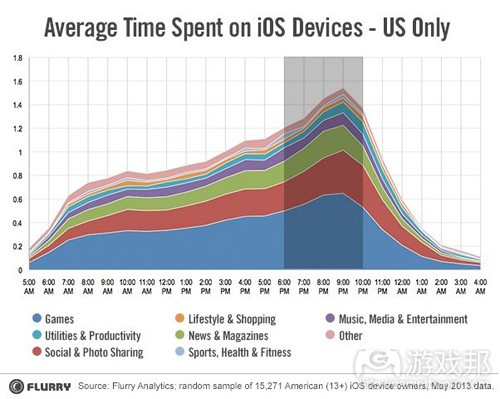
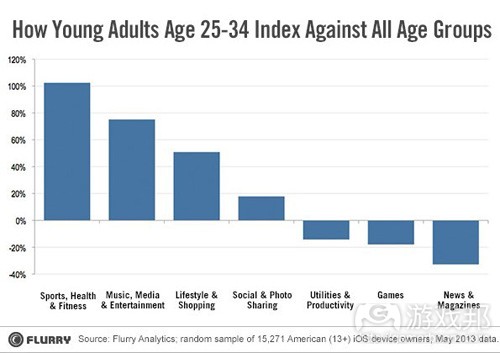
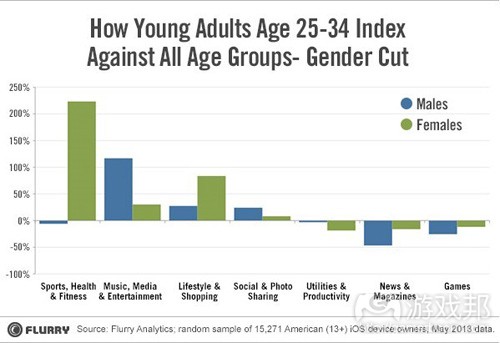

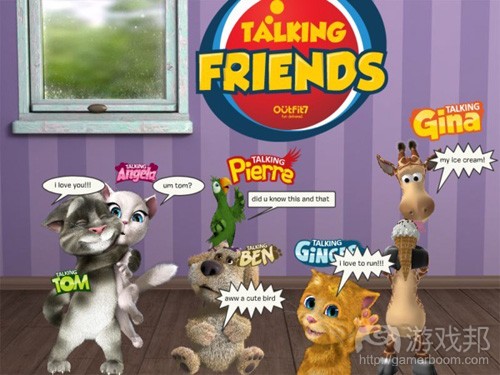

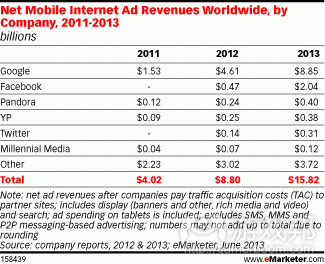
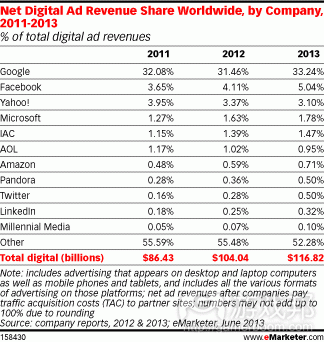















 闽公网安备35020302001549号
闽公网安备35020302001549号